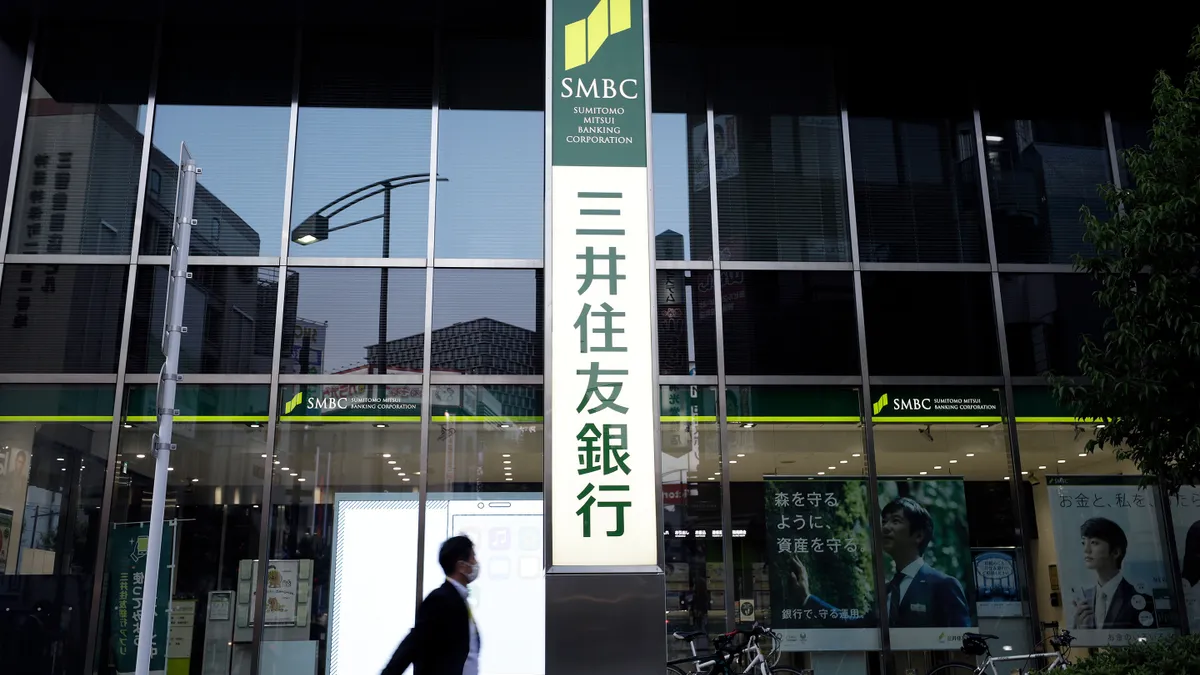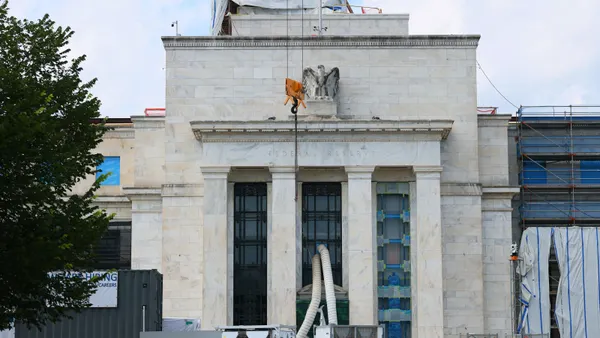Dive Brief:
- The New York Department of Financial Services put forth guidance Wednesday that directs banks to use blockchain analytics tools if they’re considering or already conducting cryptocurrency-related transactions, to fend off money laundering and sanctions activity.
- NYDFS suggested banks consider employing blockchain analytics tools when evaluating risk exposure through customer wallet screening and funds verification involving virtual asset service providers; monitoring the crypto ecosystem for illicit activity exposure and risk management of third parties; bolstering due diligence controls to evaluate expected versus actual activity, such as dollar thresholds, of customers engaged in crypto activity; and weighing the risks associated with a crypto product or service to be offered.
- “As traditional banking institutions expand into virtual currency activities, their compliance functions must adapt, onboarding new tools and technologies to mitigate new and different risks,” NYDFS Superintendent Adrienne Harris said in a news release.
Dive Insight:
The guidance, which builds on NYDFS recommendations issued to “virtual currency business entities” in 2022, emphasizes compliance expectations and encourages those looking to or already engaged in crypto activities to leverage new technology-driven control measures, Harris’ office said. Such tools can enhance compliance programs and prevent illegal activities, as banks pursue crypto activities, NYDFS said.
A regulatory environment seen as friendlier toward crypto has more banks and companies exploring digital asset activities; the NYDFS pointed to “an increase in virtual currency adoption.”
In light of that, New York banks must consider incorporating blockchain analytics as an added risk-management tool, Harris’ office said. The regulator underscored the importance of reassessing risk management frameworks regularly, especially “in light of changing business models, new customer types, and new market entrants.”
“Emerging technologies introduce new and evolving threats that require new tools, such as blockchain analytics, with enhanced capabilities to aid risk identification and mitigation,” the guidance noted. “With increasing virtual currency adoption, Covered Institutions play a critical role in safeguarding the integrity of the financial ecosystem to prevent illicit activities like money laundering, terrorist financing and sanctions evasion.”
The guidance also highlighted that all controls must be tailored to a bank’s business model, risk appetite and operations.
In August, NYDFS secured $48.5 million from Paxos over due diligence failures related to its ties to former partner Binance and systemic failures in Paxos’ anti-money laundering program.
In April, Harris’ office cited payments technology company Block over lax oversight of its peer-to-peer payment platform Cash App, including its failure to effectively monitor bitcoin transactions; the company agreed to pay a $40 million fine.
“As a leader in the regulation of virtual currency, DFS will continue to set clear and transparent expectations for institutions, to protect consumers and safeguard market integrity, while also ensuring New York-regulated banking organizations can remain resilient and competitive,” Harris said in the release.












